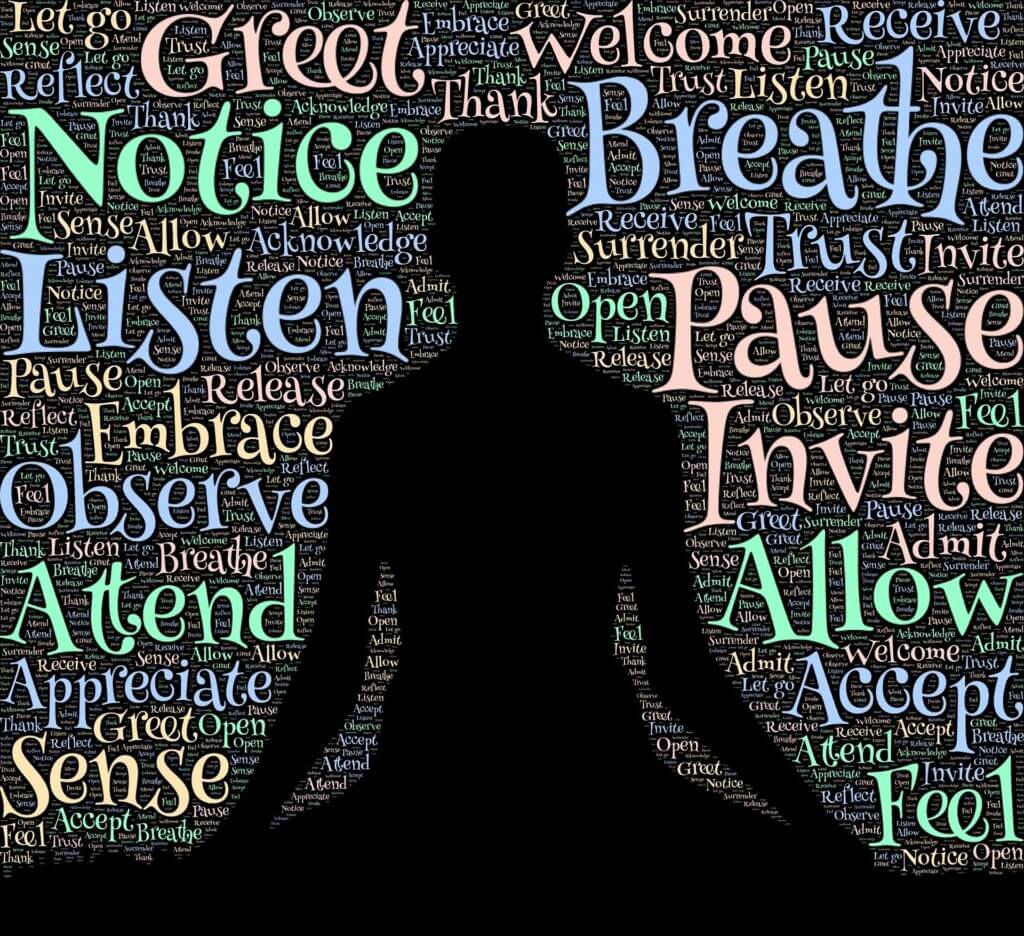
How to Deal with Social Anxiety During the Holidays
The holidays should be a time of joy, but it can be a time of great distress for many with social anxiety. When living with social anxiety, an individual can be overcome with anxiety when facing social gatherings, regardless of how small or large the gathering may be.
Social anxiety affects approximately 12.1% of adults in the United States at some time in their lives. If not addressed, it can progress into a social anxiety disorder which could compromise a person’s livelihood by causing such severe phobia of being around other people that they would rather stay secluded.
So, before we can address how to deal with social anxiety, we must first ask ourselves what causes it in the first place.
Causes of Social Anxiety
The exact cause of social anxiety is unknown. However, some factors may contribute to this debilitating disorder.
- Biological
-
- Family history
-
- Genetics
-
- Neurological factors
-
- Behavioral inhibition
- Environmental
-
- Behaviors learned from parents or family
-
- Observing behaviors of friends and their family
- Life experiences
-
- Bullying in school
-
- Abuse
-
- Emotional
-
- Mental
-
- Sexual
-
- Childhood traumas
Regardless of the cause, this disorder can cause a wide range of symptoms that may affect a person mentally and physically.
Symptoms of Social Anxiety
To fully understand how to deal with social anxiety, it’s important to understand and recognize the symptoms, whether you’re seeking guidance for yourself or for someone you love.
Psychological and Emotional Symptoms
- Intense Fear – Fear of being judged or laughed at by others or not being accepted socially, often paired with the fear of the unknown.
- Extreme Worry – Worrying about saying or doing something embarrassing or appearing awkward or inferior in front of others.
- Avoidance – Opting out of conversing or making eye contact with strangers.
Physical Symptoms
- Elevated heart rate
- Dizziness
- Dry mouth
- Sweating of the palms
The list of symptoms is quite extensive, so learning valuable coping skills is essential when dealing with social anxiety, especially during the holidays.

Ways to De-Stress During the Holidays
Dealing with social anxiety is hard enough, but it can be challenging when the holiday time rolls around. Fortunately, there are things you can do to de-stress your mind and body.
Managing holiday anxiety can be done anywhere because being prepared for unforeseen stressors is the key.
- Practice Mindful Thinking – Being present and “in the moment” can help prevent unwanted thoughts from taking over your thinking.
-
- Begin by focusing on what is here and now using your five senses.
- Listen to the sounds around you and identify those sounds in your mind.
- Look at the sights around you and identify those, such as a tree or a bird.
- If unwanted thoughts enter your mind, let them go but don’t interact with them because that will give them power over you. Instead, just allow them to pass by as you refocus on the present moment.
This mindful thinking technique should be done daily because how you think is at the core of the problem when dealing with social anxiety.
- Practice Breathing – If you feel anxious and your heart rate increases, pause and just breathe.
-
- Start by taking a four-second breath in through the nose.
- Hold that breath for seven seconds.
- With gently pursed lips, slowly blow the air out through the mouth for eight seconds.
- Pursing your lips together allows for a slower outflow of air resulting in a longer time spent on the exhalation.
This breathing technique, also known as 4-7-8, slows the heart rate within minutes. It activates the parasympathetic system responsible for resting and digestion, thus moving your body’s response away from the sympathetic system accountable for freeze, fight and/or flight.
- Practice Visualization – Dealing with social anxiety using guided imagery only takes a few minutes and can help relieve stress and tension within seconds.
-
- Start by closing your eyes and imagining a place that makes you feel calm and relaxed; maybe it is the beach, and you are listening to the waves.
- Next, visualize the sand beneath your feet and smell the ocean air.
- Utilize all your senses during this visualization exercise.
- End by slowly opening your eyes and taking a deep breath in through your nose and slowly out through your mouth.
Sometimes, when asking how to deal with social anxiety, using simple tools just isn’t enough. Sometimes, you need to seek outside help through a trained professional.

Treatment for Social Anxiety
Social anxiety may lead to or be co-occurring with other mental health issues such as depression and panic attacks. If the stress cannot be controlled, seeking treatment and therapy is essential.
One of the best forms of treatment for social anxiety is Cognitive-Behavioral Therapy (CBT). CBT for social anxiety is a highly effective treatment based on our thoughts creating our feelings which ultimately lead to our behaviors. If we change our thoughts, we can change the outcome of our actions.
CBT helps those with social anxiety by helping them learn how to react to different thoughts and feelings and engaging in other behaviors that decrease the fear associated with social anxiety.
CBT treatment also includes interaction and homework to help those with social anxiety ultimately become their own therapists. This process includes:
- Trigger Assessment – Identifying and analyzing what explicitly causes the triggers that set off the anxiety.
- Cognitive Restructuring – Identifying the thoughts responsible for the anxiety and restructuring them by questioning their validity through reasoning and logic.
- Mindfulness Training – Learning to be present rather than worrying about the future or dwelling on the past.
- Structured Exposure – A gradual process of putting yourself in situations that trigger anxiety and using cognitive skills and mindfulness to eventually stop the stress altogether.
Thankfully, finding help for social anxiety is easy, and just a click away. Bring in the holidays with joy instead of fear or worry. Contact us today, and let us help show you how to deal with social anxiety during the holidays or any day anxiety arises.






Write a Comment